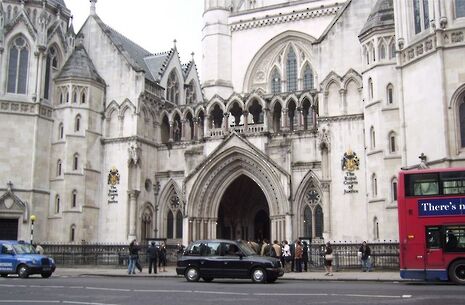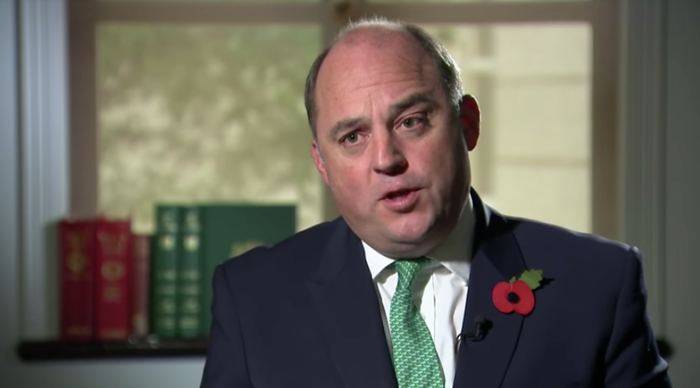Prevent duty guidance to universities unlawfully violates freedom of speech, rules court of appeal
The court called for “more balanced guidance” to universities’ decisions to host external speakers

The Prevent duty legally binds universities to curbing on-campus radicalisation as part of the UK’s counter-terror legislation strategy. Yesterday, the court of appeal found the government’s guidance to universities on carrying out the duty to be unlawful.
The ruling argued that the guidance does not sufficiently inform universities of their duty to ensure freedom of speech.
The judicial review focused on paragraph 11 of the Prevent duty guidance to higher education institutions in England and Wales published in 2015, which says that universities should not allow events featuring external speakers to proceed “if the views being expressed, or likely to be expressed, constitute extremist views that risk drawing people into terrorism or are shared by terrorist groups”, unless this risk can be “fully mitigated”.
The judges ruled that the section’s “trenchant” language “is not only intended to frame the decision of [universities] on the topic in question, it is likely to do so”.
They called for the government to introduce “balanced guidance” in its place.
The appeal was brought to the court by Dr Salman Butt, a Muslim writer who had been deemed an extremist speaker under Prevent. In a Downing Street press release concerning Prevent duty guidance, Dr Butt was said to be “on record as expressing views contrary to British values”.
Dr Butt’s claim that the guidance was infringing upon free speech had previously been rejected by the high court.
The Prevent duty, first rolled out in 2016, has been subject to widespread scrutiny in Cambridge, receiving particular criticism for its potential impact upon freedom of speech.
In November 2017, the University was criticised in an open letter signed by over 500 people after it intervened in a Cambridge University Palestine Society and Cambridge Middle East Society panel discussion on the Israeli-Palestine conflict. The University replaced SOAS academic Dr Ruba Salih as panel chair with the University’s director of communications, for which it apologised three months later.
The then CUSU President Daisy Eyre deemed this “an instance of the insidious power of Prevent legislation.”
A Varsity investigation in April 2017 revealed the extent to which Muslim students are impacted by Prevent, with one Muslim student commenting that they “self-censor” their work and another explaining how they feel the need to “be the good Muslim all the time.” A Varsity investigation in January this year revealed the vastly divergent approaches colleges gave to submitting student welfare data to the Office for Students’ controversial Prevent return.
The University has previously said that it seeks to “take the lightest possible touch” with regards to the counter-terror strategy.
Security Minister Ben Wallace announced in January that the Prevent strategy will see an independent review.
On yesterday’s decision, a Home Office spokeswoman commented that it would “consider the implications of the court’s judgment relating to a single paragraph of Prevent duty guidance for universities.”
 News / Judge Business School advisor resigns over Epstein and Andrew links18 February 2026
News / Judge Business School advisor resigns over Epstein and Andrew links18 February 2026 News / Gov grants £36m to Cambridge supercomputer17 February 2026
News / Gov grants £36m to Cambridge supercomputer17 February 2026 News / Union speakers condemn ‘hateful’ Katie Hopkins speech14 February 2026
News / Union speakers condemn ‘hateful’ Katie Hopkins speech14 February 2026 News / CUCA members attend Reform rally in London20 February 2026
News / CUCA members attend Reform rally in London20 February 2026 News / Hundreds of Cambridge academics demand vote on fate of vet course20 February 2026
News / Hundreds of Cambridge academics demand vote on fate of vet course20 February 2026











